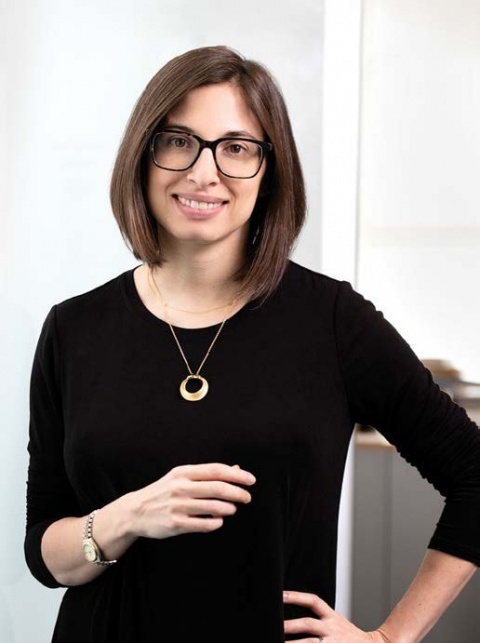Columbia College | Columbia University in the City of New York
One Last Class

JÖRG MEYER
Speeches of course operate on multiple levels. They move crowds and create collective experience; they also speak to an audience of one. Greatness occurs in the electric transmission when a passage strikes you, stirs you, stays with you. I have read author David Foster Wallace’s words to the Kenyon College Class of 2005 once a year since discovering them over a decade ago. His call to exercise empathy by stepping outside the kingdom of our own minds always gives me a shoulder shake, a welcome re-centering in the midst of everyday life and routine.
This year, Columbia College graduates were addressed by several speakers whose messages will surely resonate beyond just the audience present at Class Day. I would urge you to set aside time to take in the speeches by Dean Josef Sorett and playwright Katori Hall ’03, as well as by the class’ student speaker, Wadzanayi Michelle Mayiseni ’23. All can be viewed online, and Sorett’s speech is also excerpted. His meditation on ethics and aesthetics aptly draws on authors and thinkers from the Core Curriculum, and his charge to the graduates to make space for beauty in their lives is, in fact, a meaningful message for us all.
Hall, meanwhile, shared stories from her own life to illustrate several potent pieces of advice. I’ve found myself lingering over her reminder to “never come up missing in your own mirror.” That each of us has an obligation to find and use our voice, and to represent ourselves, is vital — tied to our sense of self as well as to how we contribute to the larger world. As Hall said, “Your reflection demands to be seen.”
Graduation isn’t the only thing on our minds this issue. Our cover story, “Blast From the Past,” was the result of intense detective work, tracking down alumni who improbably found themselves on the cover of The New York Times Magazine 35 years ago. That photograph and the article that accompanied it were commissioned in connection with the 20th anniversary of the 1968 protests. And yet, the 1988 image has itself become iconic, capturing an idyllic Steps experience that has been shared by Columbia students across generations. We enjoyed the meta twist of layering anniversaries, and of putting together an oral history that documents how that day came to be and what it means to those who were part of it.
Elsewhere in the issue, we are thrilled to publish “Bone to Pick,” the winning story from our student short fiction contest, by Abby Sim ’24. (With thanks to our judges, the authors Danielle Evans ’04, Adam Mansbach ’98, SOA’00 and Yvonne Woon ’06, SOA’10.) And we catch up with Professors Chris Wiggins ’93 and Matthew L. Jones; their recent book was born from their popular undergraduate class about the past, present and future of data. It’s essential reading for anyone who wants to understand how we came to live in a world ruled by algorithms — and how we might reshape our current trajectory.
Congratulations to our graduates! Have a great summer.

Alexis Boncy SOA’11
Editor-in-Chief
Issue Contents
Published three times a year by Columbia College for alumni, students, faculty, parents and friends.
Columbia Alumni Center
622 W. 113th St., MC 4530, 6th Fl.
New York, NY 10025
212-851-7852
cct@columbia.edu
Columbia Alumni Center
622 W. 113th St., MC 4530, 4th Fl.
New York, NY 10025
212-851-7488
ccalumni@columbia.edu

